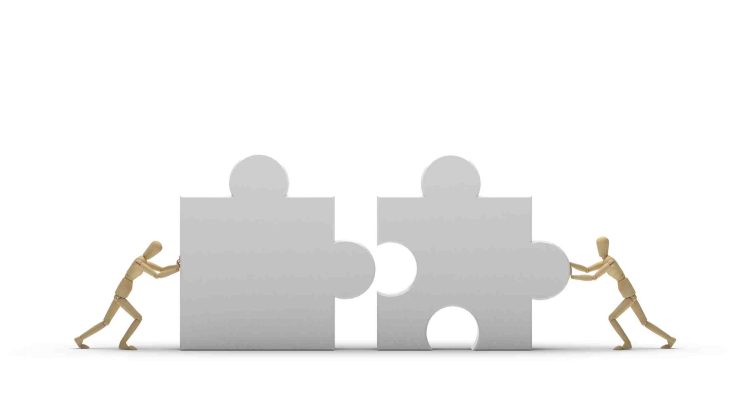What inspires people to solve puzzles? And what’s so fun about filling in boxes and putting pieces together? Puzzle solving is a fascinating psychological phenomenon that’s been around for years. In this article, we’re digging deep into the motivation behind these mind-benders.
Puzzle 101: What are Puzzles?
Before we can understand why people love puzzles so much, we need to break down what they are. Puzzle is a very broad term that encompasses any problem or questions meant to challenge your brain. There are tons of different kinds, like riddles, crosswords, logic puzzles and mechanical ones.
Intrinsic Motivation: Solving for the Fun
Curiosity and Exploration
Part of the reason people get hooked on puzzles is because they tap into our drive to explore and discover. Our curiosity pushes us to find patterns and connections between things, including puzzle solutions. The challenge of piecing things together gives us a sense of accomplishment that simply feels good.
Cognitive Stimulation
It’s also no secret that doing puzzles makes you smarter. Seriously! They stimulate your brain in all sorts of ways — like critical thinking, logical reasoning and pattern recognition just to name a few. As you work through each puzzle piece by piece (no pun intended), you’re boosting your cognitive flexibility and resilience.
Flow State: Fully Engaged
Flow Theory
There’s something magical about being totally engrossed in an activity — completely losing track of time as you do it. That’s called the flow state, which psychologist Mihaly Csikszentmihalyi describes as an optimal experience. When you’re solving puzzles, you’ve got clear objectives and immediate feedback — two key ingredients for unlocking flow.
The Puzzle-solving Experience
Have you ever heard someone say they were “in the zone” while doing a jigsaw? Well that feeling isn’t just in their head! When someone solves a puzzle, they become hyper-focused and distractions fade away. That kind of deep concentration is both motivating and rewarding.
Sense of Achievement: Never Give Up
Goal Attainment
People are naturally motivated by goals. When you give someone a task to complete — like solving a puzzle — their brain goes into overdrive. They’ll do whatever it takes to find the solution. And once they do, that sense of achievement feels so good that it only makes them want to keep going.
Persistence and Resilience
Let’s face it: puzzles are hard! It usually takes several attempts to get things right, especially when you’re dealing with a Sudoku or crossword clue. But every time someone fails at solving a puzzle, their resilience grows stronger. Eventually they’ll be able to overcome any setback thrown their way — and that in itself is an incredible motivation boost.
Social Interaction: Teaming Up and Going Head-to-Head
Collaborative Puzzling
While doing puzzles might seem like a lonely activity, it can be so much more. It also has the power to bring people together. When completed in groups, putting together a puzzle can encourage teamwork and help people work on challenges together. These group activities add an extra element to solving puzzles that is usually celebrated with shared pride.
A little competition never hurt
But of course, it doesn’t always have to be about working together. Sometimes a good competition is all you need to get the gears turning in your brain. Crossword tournaments and escape rooms are just a few examples of ways people compete against each other using puzzles. The desire to win and prove that you’re the best at something can really push people outside their comfort zones and allows them to see what they’re truly capable of.
Read More: Incorporating Word Jumbles into Your Morning Routine for a Productive Start
To sum it all up
In conclusion, there are many different reasons why people spend their time solving puzzles. From personal motivation and cognitive stimulation to validation from others and human connection – every person will have their own reason for wanting to solve a puzzle or two. There’s something special about figuring out problems that tap into our natural innate desires for achievement and engagement with others which is why these types of games will never go away.




